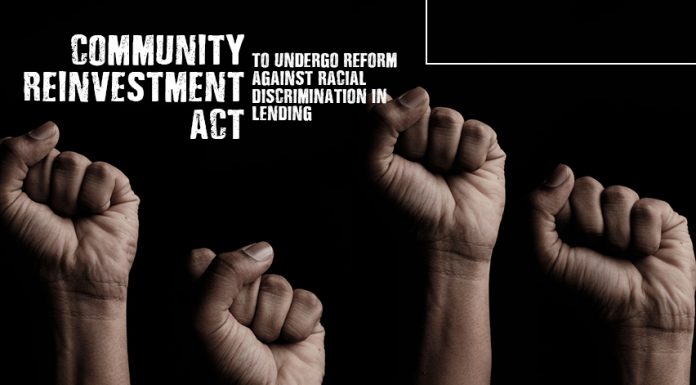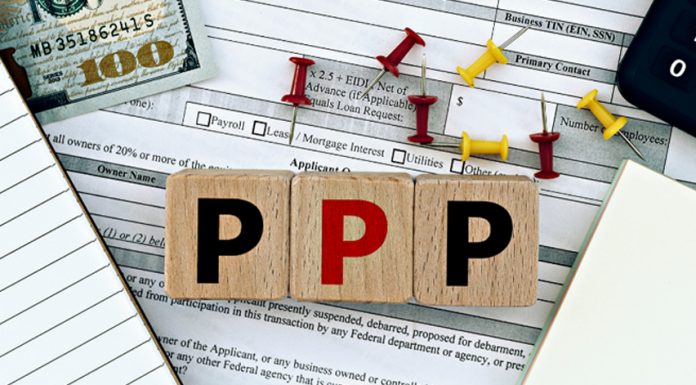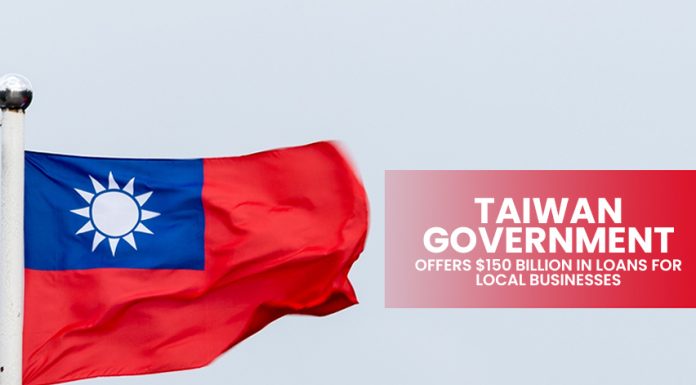The Asian Development Bank (ADB) increased its loan to the Philippines by up to $12.1 billion. The agreement was made under the “big-bang lending program,” which provides the country up to $3 billion per year until 2022. Of this amount, more than half will be used towards transportation projects in the Philippines.
According to CNN, the Manila-based lender will be giving $2.5 billion to the country come 2020. Meanwhile, $1.2 billion (P61.1b) will be allocated for the establishment of the South Commuter Railway Project, linking Tutuban, Manila to Calamba, Laguna.

In total, the South Commuter Train project is valued at a whopping P344.6 billion. The Japan International Cooperation Agency will also be providing monetary assistance to the nation as one of the major partners for the project. In fulfilling the project, the Philippine government has set aside P84.7 billion as part of the whole North-South Commuter Railway (NSCR) system, reports CNN.
Apart from providing financial support to the transportation sector in the industry, the Asian Development Bank will also allocate funding to select infrastructure projects in the country. In addition, the agriculture, public sector management, sustainable water, and urban development, and the social sector will also be granted financial assistance, notes ABS-CBN News.
For 2019, approvals are slated to commence in November and December, including allocations for the Angat Water Transmission Project.
In a press briefing held last Thursday, October 17, 2019, Kelly Bird, director for ADB Philippines, said that the Manila-based lending institution will be improving its scheme and widening its reach within the next three years, says Manila Bulletin. Bird said, “the latest Country Operations Business Plan reflects DB’s strong commitment to supporting the Philippines’ efforts to sustain inclusive economic growth, create business and job opportunities in the regions, and widen the reach of the government’s education, health, and social protection programs.”













